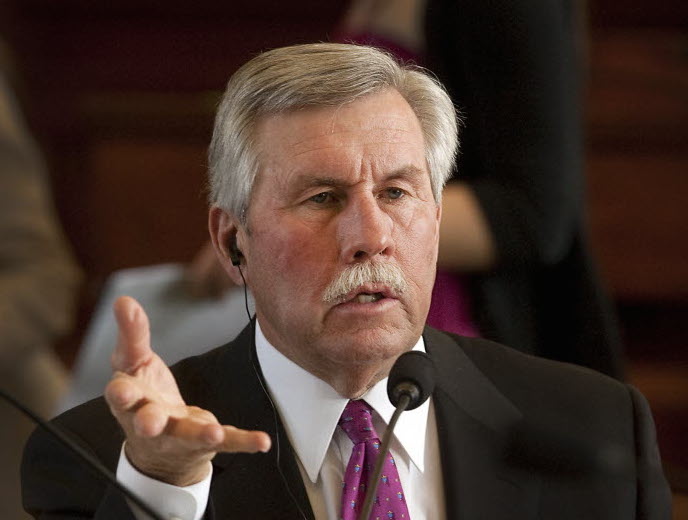
Yesterday, the Senate passed SB 709, a bill designed to make it more difficult for citizens to contest permit applications at the Texas Commission for Environmental Quality (TCEQ), on a 22-9 vote. The bill’s author, Sen. Troy Fraser (R-Horseshoe Bay), claimed that the intent of the bill is to align state statute with a recent Third Court of Appeals decision related to how and when citizens can get a hearing before an administrative law judge if that citizen believes the permit would affect them negatively.
A group of Senators, including Sens. Watson (D-Austin), West (D-Dallas), and Garcia (D-Houston) raised concerns that 1) the bill did not match the language of the court ruling, 2) the court ruling was not final because the Texas Supreme Court has not yet decided whether to take it up, 3) that it would fundamentally impede individual rights and further align the TCEQ with business interests rather than the public, and 4) citizens do not have enough opportunity as is to learn about permit applications that may affect them.
The court case in question involves the Sierra Club and TCEQ, and the Sierra Club is actively pursuing an appeal at the Texas Supreme Court.
In response to the bill’s passage, Cyrus Reed, Conservation Director of the Sierra Club’s Lone Star Chapter, issued the following statement.
“The ease with which this bill passed the Senate should scare everyone. Senators who are financially backed by big corporations seem to have carte blanche to strip away individual rights and strengthen corporations this session.
Texans need to be able to seek recourse to a pollution permit that may affect them, their families, and livelihoods, and one of the only remaining spaces to do that is at the State Office of Administrative Hearings. This bill would make it harder for people to be heard. I urge everyone who cares about their rights to call their State Representative and tell them to stop this bill from becoming law.”